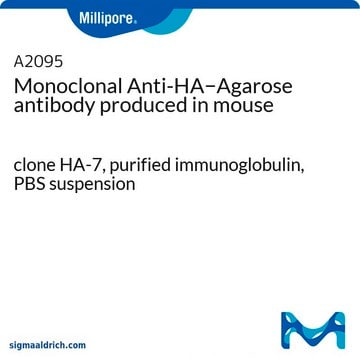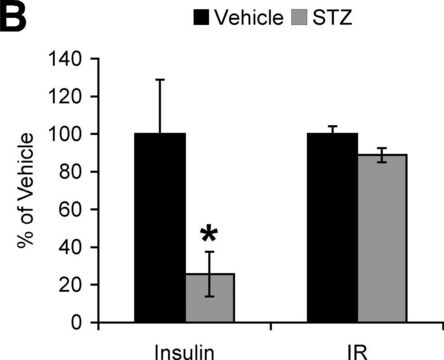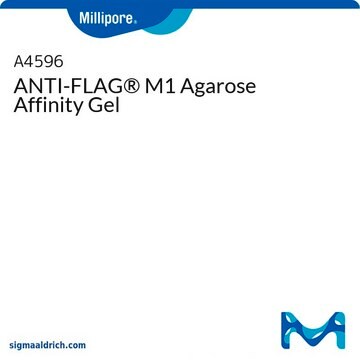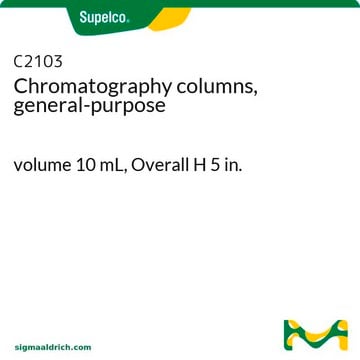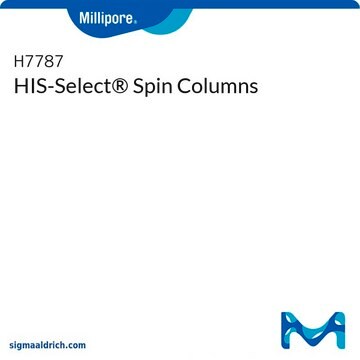TP0010
FLAG® HA Tandem Affinity Purification Kit
Synonym(s):
Anti-ddddk, Anti-dykddddk
About This Item
Recommended Products
storage temp.
2-8°C
Quality Level
General description
Application
Sutitable for mass spectrometry analysis and western blotting.
Learn more product details in our FLAG® application portal.
Legal Information
Kit Components Also Available Separately
- F2426EZview™ Red ANTI-FLAG® M2 Affinity Gel, clone M2SDS
- A2095Monoclonal Anti-HA−Agarose antibody produced in mouse, clone HA-7, purified immunoglobulin, PBS suspensionSDS
- R0278RIPA BufferSDS
- F47993X FLAG® Peptide, lyophilized powderSDS
- U4883Urea, 8 M (after reconstitution with 16 mL high purity water)SDS
Signal Word
Warning
Hazard Statements
Precautionary Statements
Hazard Classifications
Aquatic Chronic 2 - Eye Irrit. 2
Storage Class Code
10 - Combustible liquids
Regulatory Listings
Regulatory Listings are mainly provided for chemical products. Only limited information can be provided here for non-chemical products. No entry means none of the components are listed. It is the user’s obligation to ensure the safe and legal use of the product.
PDSCL
Please refer to KIT Component information
PRTR
Please refer to KIT Component information
FSL
Please refer to KIT Component information
ISHL Indicated Name
Please refer to KIT Component information
ISHL Notified Names
Please refer to KIT Component information
Cartagena Act
Please refer to KIT Component information
JAN Code
キットコンポーネントの情報を参照してください
Certificates of Analysis (COA)
Search for Certificates of Analysis (COA) by entering the products Lot/Batch Number. Lot and Batch Numbers can be found on a product’s label following the words ‘Lot’ or ‘Batch’.
Already Own This Product?
Find documentation for the products that you have recently purchased in the Document Library.
Customers Also Viewed
Articles
The FLAG® HA tandem epitope system consists of small epitopes tags that are not eukaryotic derived. These features minimize interference with protein functions and provide superior specificity.
Related Content
Protein purification techniques, reagents, and protocols for purifying recombinant proteins using methods including, ion-exchange, size-exclusion, and protein affinity chromatography.
Protein and nucleic acid interaction reagents and resources for investing protein-RNA, protein-DNA, and protein-protein interactions and associated applications.
Protein expression technologies for various expression systems supporting research, therapeutics, and vaccine production.
Our team of scientists has experience in all areas of research including Life Science, Material Science, Chemical Synthesis, Chromatography, Analytical and many others.
Contact Technical Service
